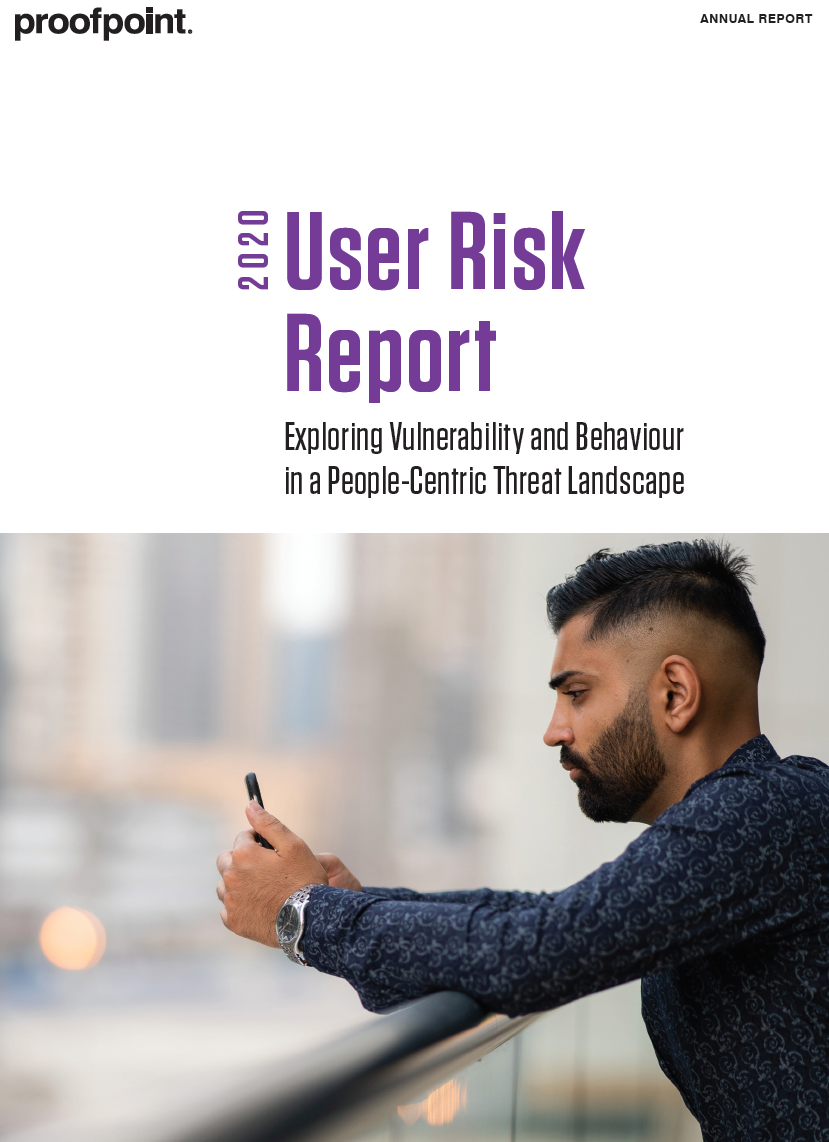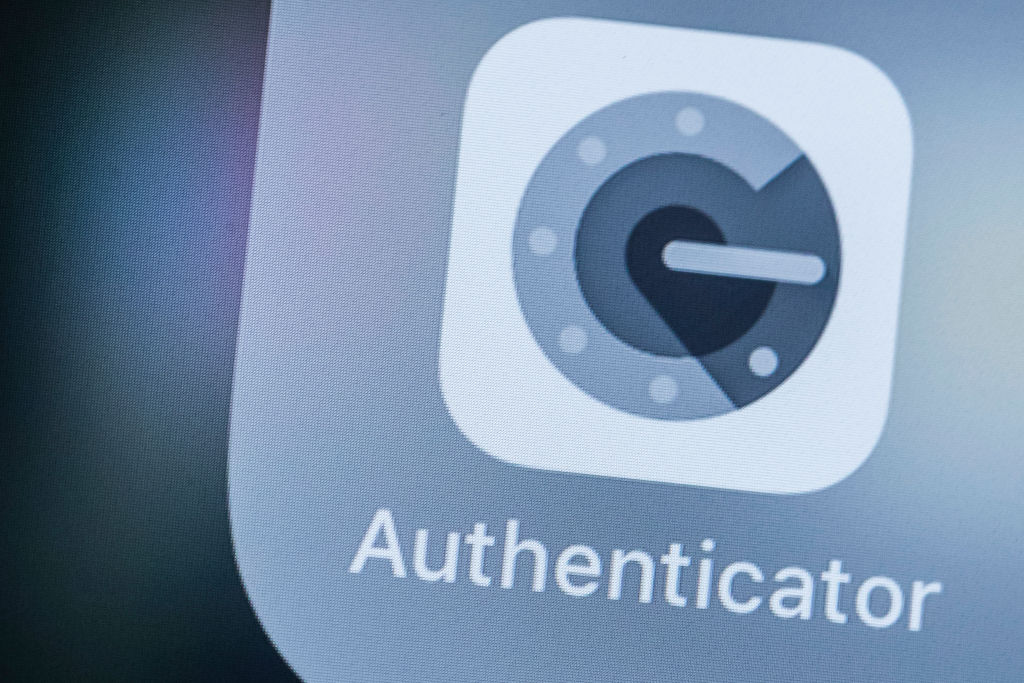Irish police to be given powers to demand passwords
Security experts warn the legislative changes go against the fundamentals of identity and access control


Police forces in Ireland will be given the power to demand passwords for electronic devices when carrying out search warrants under new legislation.
The changes are part of the Garda Síochána Bill, published on Monday by the country's minister for justice, Heather Humphreys.
The police in Ireland are known as the Garda Síochána, or the Gardaí (the Guards) for short, and the new legislation includes sweeping changes to law enforcement in the country. This includes a new requirement to make a written record of a stop and search, which will enable data to be collected so the effectiveness and use of the powers can be assessed.
The changes come as more crime migrates online, where it is carried out on phones, computers, and other devices protected by personal logins. Failure to comply surrender an electronic device’s password could result in a €30,000 fine or up to five years in prison under the new legislation.
"The law in this area is currently very complex, spread across the common law, hundreds of pieces of legislation, constitutional and EU law," Humphreys said. "Bringing it together will make the use of police powers by Gardaí clear, transparent and accessible. The aim is to create a system that is both clear and straightforward for Gardaí to use and easy for people to understand what powers Gardaí can use and what their rights are in those circumstances.
RELATED RESOURCE

User risk report: Educate your workforce to protect your organisation
Exploring vulnerability and behaviour in a people-centric threat landscape
"At the same time, where we are proposing to extend additional powers to Gardaí, we are also strengthening safeguards. The Bill will have a strong focus on the fundamental rights and procedural rights of the accused. I believe this will maintain the crucial balance which is key to our criminal justice system, while ensuring greater clarity and streamlining of Garda powers.
Other special measures will be introduced for suspects who are children and suspects who may have impaired capacity, and the bill will also bring in longer detention periods for the investigation of multiple offences being investigated together, for a maximum of up to 48 hours.
Sign up today and you will receive a free copy of our Future Focus 2025 report - the leading guidance on AI, cybersecurity and other IT challenges as per 700+ senior executives
However, the change in legislation relating to passwords has caused concern for security experts. Niamh Muldoon, the global data protection officer at OneLogin, says the move goes against the fundamentals of security best practice and in particular Identity and Access Control.
"It potentially removes the individual accountability associated with actions under the account which may impact the chain of custody of evidence associated with the case," Muldoon told IT Pro.
"I urge all government bodies to partner with cybersecurity experts when considering legislation associated with digital identities to gather insights on practical implementations to ensure policy and/or legislation deliver to its achieved goal with no potential loopholes."
Bobby Hellard is ITPro's Reviews Editor and has worked on CloudPro and ChannelPro since 2018. In his time at ITPro, Bobby has covered stories for all the major technology companies, such as Apple, Microsoft, Amazon and Facebook, and regularly attends industry-leading events such as AWS Re:Invent and Google Cloud Next.
Bobby mainly covers hardware reviews, but you will also recognize him as the face of many of our video reviews of laptops and smartphones.
-
 The modern workplace: Standardizing collaboration for the enterprise IT leader
The modern workplace: Standardizing collaboration for the enterprise IT leaderHow Barco ClickShare Hub is redefining the meeting room
-
 Interim CISA chief uploaded sensitive documents to a public version of ChatGPT
Interim CISA chief uploaded sensitive documents to a public version of ChatGPTNews The incident at CISA raises yet more concerns about the rise of ‘shadow AI’ and data protection risks
-
 Microsoft Authenticator mandates number matching to counter MFA fatigue attacks
Microsoft Authenticator mandates number matching to counter MFA fatigue attacksNews The added layer of complexity aims to keep social engineering at bay
-
 As Google launches passwordless authentication for all, what are the business benefits of passkeys?
As Google launches passwordless authentication for all, what are the business benefits of passkeys?News Google follows Apple in its latest shift to passwordless authentication, but what are the benefits?
-
 There's only one way to avoid credential stuffing attacks
There's only one way to avoid credential stuffing attacksOpinion PayPal accounts were breached last year due to a credential stuffing attack, but can PayPal avoid taking responsibility?
-
 Google Authenticator 2FA update accused of making service less secure
Google Authenticator 2FA update accused of making service less secureNews Lack of end-to-end encryption in code backup has some developers worried
-
 Five things to consider before choosing an MFA solution
Five things to consider before choosing an MFA solutionIn-depth Because we all should move on from using “password” as a password
-
 What is multi-factor authentication (MFA) fatigue and how do you defend against attacks?
What is multi-factor authentication (MFA) fatigue and how do you defend against attacks?In-depth Strong authentication is key to security, but it needs to be properly managed to avoid MFA fatigue
-
 Beyond Identity strikes up strategic partnership with World Wide Technology
Beyond Identity strikes up strategic partnership with World Wide TechnologyNews WWT will implement Beyond Identity’s authentication platform internally while also acting as a global channel partner
-
 Implementing strong authentication across your business
Implementing strong authentication across your businessIn-depth Strong authentication is hugely important, but implementing any regime at scale is not without its challenges
